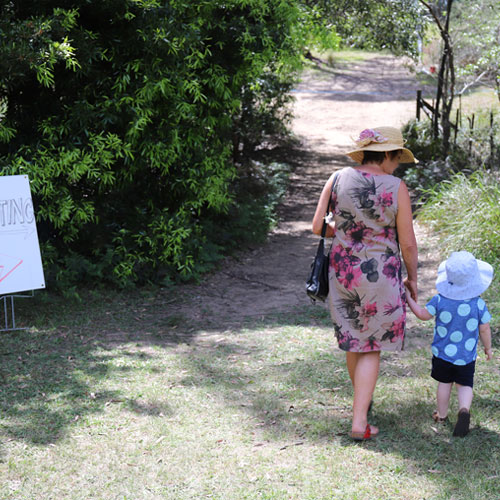
Independent assessments find Charles Darwin University is making a real-world difference
Two independent assessments of the impact of Charles Darwin University’s (CDU) research and teaching have found it is making a major contribution to the economy, society, environment and culture.
The Australian Research Council’s (ARC) Engagement and Impact Assessment of university research in Australia and the Times Higher Education (THE) University Impact Rankings and both sought to capture universities’ impact on society.
Under the ARC’s assessment, all of CDU’s assessed research case studies were rated as having medium to high positive impact for the wider community and medium to high engagement with end-users.
Only one other university in Australia achieved this result.
Research in the areas of Environmental Sciences, Biological Sciences, Medical and Health Sciences, Education and Studies in Human Society were assessed.
The assessment was based on factors such as how much knowledge was transferred between researchers and the research end-users and how significant the impact of the research was beyond academia.
Acting Deputy Vice-Chancellor, Research and Innovation, Professor John Finlay-Jones said CDU’s work has real impact and held in high regard.
“Right across the spectrum reviewed, our research is delivering a solid benefit and finding answers to questions that allow us to better manage our environment, work towards better health outcomes and develop new cultural and economic opportunities,” Professor Finlay-Jones said.
“We work closely with stakeholders to ensure what we are doing at CDU has real-world impact and gives policy-makers, industry and the wider community the facts and evidence to inform decisions and debate.”
The two CDU case studies that achieved high impact were the Menzies School of Health Research’s work with the Asian Pacific Malaria Elimination Network, and the development of better land management systems for Northern Australia by CDU’s Environmental Sciences researchers.
The Menzies project supported the development of National Malaria Control Programs across the region and changes to policy relating to antimalarial dosages that has led to a significant number of young children being cured of the disease.
The development of better land practices, particularly in the area of fire management in Northern Australia, has reduced carbon emissions and generated $16 million in carbon payments through the development of better practices and measurement of bushfires.
Professor Finlay-Jones said these were examples of where university research could have a real-world impact.
“Every day our researchers are investigating problems and their solutions are making a difference to society. The outcomes have a positive impact in the community, environment and region where we live,” he said.
“But sometimes it’s hard to measure that impact, which is why these results, and the wider national assessment, are a great tool and motivator for our research now and into the future.”
THE’s rankings recognised universities across the world for their social and economic impact based on the United Nations’ Sustainable Development goals – with CDU ranked in the top 200 universities in the world.
CDU’s ranking was driven by its work in the areas of Good Health and Wellbeing, Reduced Inequalities and Sustainable Cities and Communities.
The university’s work in developing community spaces such as the art galleries, the Chinese Garden, the Centre for Youth and Community Music, the potential of the City Deal and the work that CDU researchers have done in preserving Indigenous languages saw the institution ranked 45th in the world in the Sustainable Cities and Communities goal.
Other impacts that drove CDU’s result were its work with low socio-economic and Aboriginal and Torres Strait Islander students and the Menzies School of Health Research work on Rheumatic Heart Disease.







